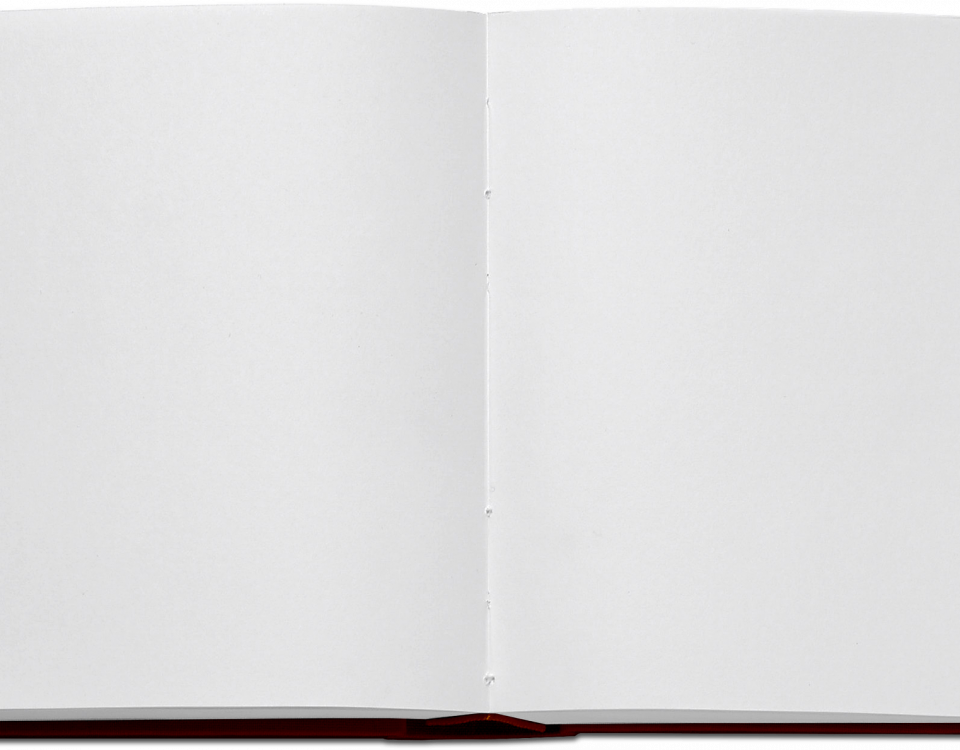
Why Online Lending is Suddenly Booming

5 Reasons Why Now is The Right Time to Start Writing Your Book
As a ghostwriter, I often have to pick the brains of my clients to ascertain their true feelings or deepest thoughts on a subject. After all, my job is to present their ideas in the most effective manner possible. My ideas are irrelevant.
One the best tools–if not THE best tool–for ensuring I do that effectively is the interview.
There are many different ways to conduct an interview. Some are better than others, but the purpose of the interview is to get the interviewee to talk. Period. The interviewer is the person who controls the interview and the flow of conversation, but he or she is less important, in terms of the information presented and the value of that information, than the interviewee.
Sidebar:
The interviewer is the person asking the questions in the interview. The interviewee is the person being interviewed.
I just thought I’d make that clear in case it isn’t already.
The Goal of the Interview
The goal of an interview depends on the context. If you are applying for a job, the reason companies interview candidates for job positions is to get to know them better so that they can make a determination about which candidate is most compatible with the position that is open and the company doing the hiring. In journalism and book writing/publishing, the goal of an interview is different.
Journalists interview subject matter experts in order to shed light on a particular topic of public interest. Some television journalists who have been good at interviewing include:
- Larry King
- Ted Koppel
- Barbara Walters
This is a short list, just a few, but I mention these names because you may be familiar with them. I consider them good interviewers.
With book ghostwriting, the goal of the interview is different still. When I interview a client for whom I am writing a book or a blog post, the goal is to find out what they know and what they believe about the topic on which I’m writing. The purpose for that is so that I can accurately and effectively write the blog post or book from their perspective.
Why Open-Ended Questions Are Necessary
There are two types of interview questions:
- Closed-ended questions are questions an interviewer asks that require only a “yes” or “no” response
- Open-ended questions are questions an interviewer asks that require an interviewee to answer with some thought and a lengthier response
There are times when closed-ended questions are appropriate. In fact, there are times when closed-ended questions are preferred over open-ended questions, but an interview composed only of closed-ended questions would be short and boring. Such an interview would mean the interviewer does most of the talking. When I interview someone, I want them to do most of the talking.
The reason open-ended questions are important during interviews is because they force the interviewee to think and to talk. Such interviews are far more interesting and lead to better content. That is true for all types of interviews (job, journalism, and ghostwriting).
I like asking open-ended questions so that the person I’m interviewing can do most of the talking, respond with answers that require thought, and to keep the interview spontaneous, which makes it much more interesting.
In my experience, these are the best interviews. Below is a clip of an interview I had last month with a book ghostwriting client. Notice that I ask a question then shut up so that she can do the talking. As long as the interviewee is talking and saying something useful and meaningful, I don’t need to interrupt. I just let her go until she has exhausted the response to my question.
I hope you enjoy.


